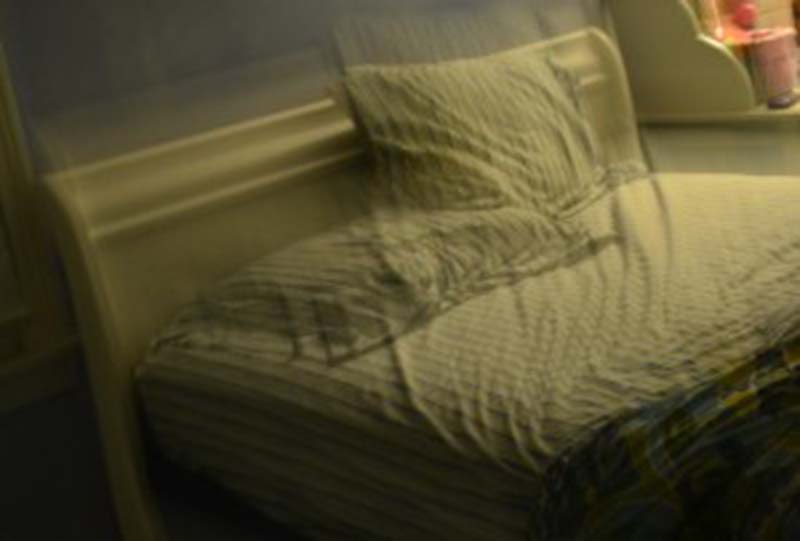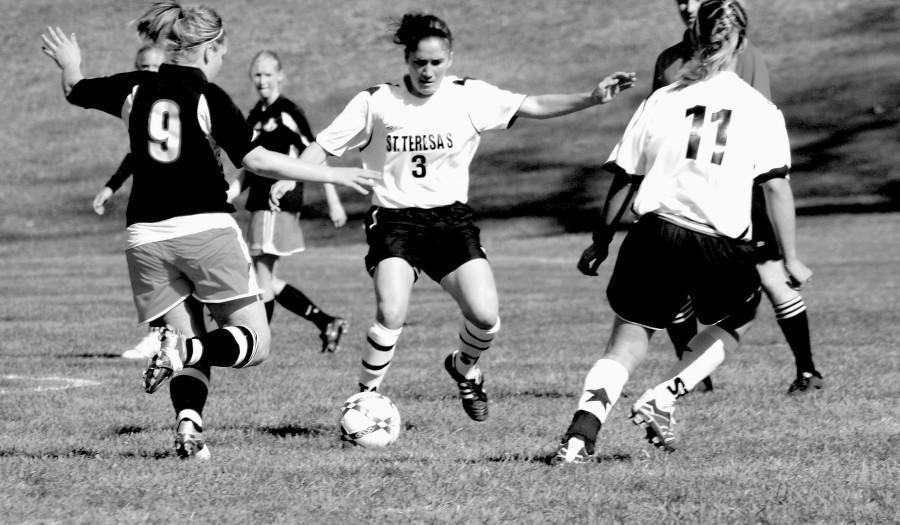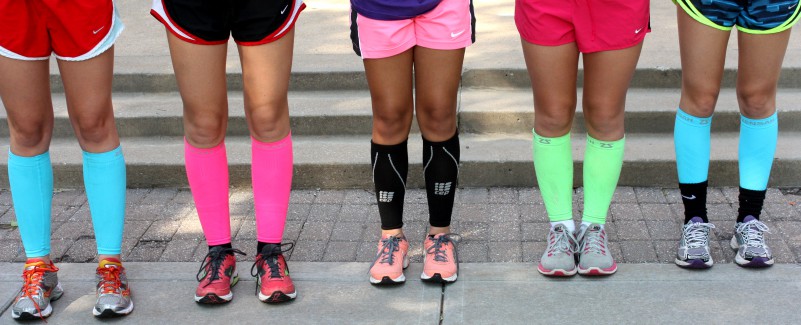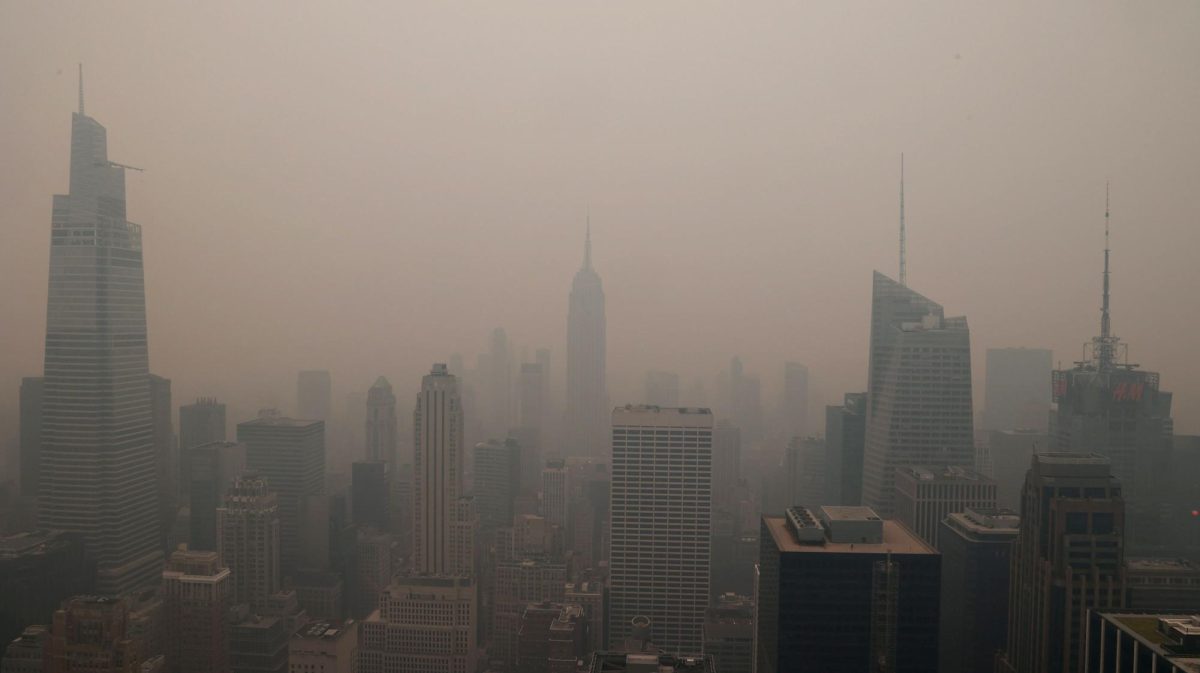by Hannah Wells
Teens need nine hours and fifteen minutes of sleep each night to function best, according to the National Sleep Foundation (NSF). Yet, in an NSF study, only 15% reported sleeping even eight and a half hours on school nights.
At STA, students and teachers struggle with the effects of sleep deprivation in the classroom. When teens are sleep deprived, they are as impaired as someone with a blood alcohol content of .08%, which is illegal for drivers, according to the NSF.
“I’ll fall asleep [in class],” junior Natalie Rall said. “And I [display] a lack of attention and general fatigue.”
Rall, like many STA students, balances rigorous schoolwork and extracurricular activities.
“I get home from activities at 10:30 p.m. and then I start homework,” Rall said. “On a regular night I go to bed about 2 a.m. and wake up at 6 a.m.”
According to Dr. Sara Hicks, M.D., teenagers need 8 to 10 hours of sleep, but usually get 5 to 7 hours a night. Hicks stated teens have a typical sleep pattern to be up late and sleep late, but the world does not operate that way.
“You have all these high functioning, highly motivated students that participate in many extracurricular activities and are still carrying very heavy class loads, so they struggle to get their work done and get enough sleep,” Hicks said.
Teens also can have a hard time falling asleep. Over 1000 teens were part of a 2004 sleep study reported by WedMD. Nearly 17% of those teens qualify for the clinical definition of insomnia—trouble falling or staying asleep at least twice a week for a month, causing noticeable distress and impairment in their daily lives.
Junior Sabrina Redlingshafer suffers from insomnia and gets five hours of sleep on a typical school night.
“Some days I’ll just not be focused and willing to learn,” Redlingshafer stated.
Teens who do not get enough sleep limit their ability to learn, listen, concentrate and solve problems, according to the NSF.
“There’s no question that you’re less alert, and it’s harder to pay attention in the classroom, harder to do intricate math problems or problem solving,” Hicks said. And, sleep deprivation weakens the body, according to Hicks, so teens get sick more easily and miss school.
“In my morning classes I notice a lot of coffee drinkers and heads down on desks,” Rall said.
Hicks advises students to try to get a little exercise first thing in the morning to wake up.
“Have a light breakfast…for the brain to get going,” Hicks said. “And, get up periodically in class to walk around.”
The NSF describes sleep as critical “food for the brain.” With all the factors working against them, STA students are starving for a good night’s sleep.











